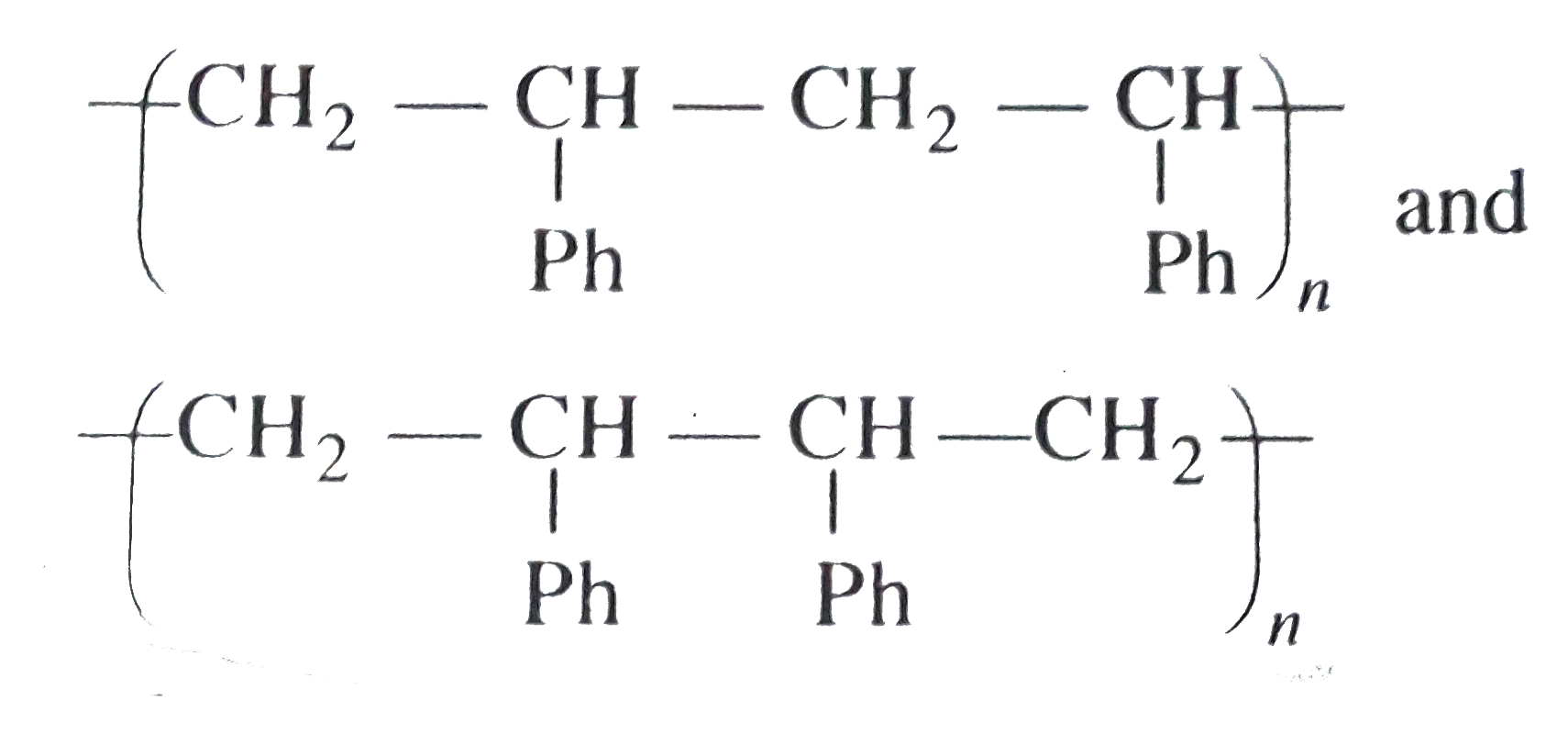Write mechanism of free radical polymerisation of alkenes
Video Solution
Text Solution
Benzoquinone traps the radical intermediate and a non-reactive is formed .

Radical thus formed is stabilised by resonance

Due to non-reactivity and stability of (A) formed further reaction is terminated .
|
Topper's Solved these Questions
- POLYMERS BOOK - NARAYNACHAPTER - POLYMERS EXERCISE - EVALUATE YOURSELF-1
4 Videos
- POLYMERS BOOK - NARAYNACHAPTER - POLYMERS EXERCISE - EVALUATE YOURSELF-2
5 Videos
- PERIODIC TABLE BOOK - NARAYNACHAPTER - PERIODIC TABLE EXERCISE - All Questions
573 Videos
- PRACTICAL ORGANIC CHEMISTRYBOOK - NARAYNACHAPTER - PRACTICAL ORGANIC CHEMISTRYEXERCISE - SUBJECTIVE_TYPE
1 Videos
Similar Questions
Knowledge Check
The intermediates formed in free radical polymerisation depends on_____________.
AmonomerBinitiatorCchain terminating agentDboth (A) and (B)Which of the follwing is not the characteristic of the mechanism of free radical halogenation chain reactions?
ARecation can be terminated prematurely by adding radical scavengers.BInitiators such as organic preoxides can catalyze the reaction in the absence of light or heat.CIf O2 is present, there is an inhibition period after which the reaction rate decreases.DThe quantum yield is typically high.
How does the presence of benzoquinone inhibit the free radical polymerisation of a vinyl derivative?
View SolutionWrite the steps involved in the free radical mechanism in polymerisation of ethylene. OR
Explain the free radical mechanism for the polymerisation of ethylene.
View SolutionName a substance which inhibits free radical polymerisation.
View SolutionName a substance which inhibits free radical polymerisation.
View Solution(a) Explain the free radical polymerisation of styrene.
(b) The following two possible products can be formed in this reaction:(I)
Which product is formed and why?
View SolutionWrite the free radical mechanism for the polymerisation of ethene.
View Solution
